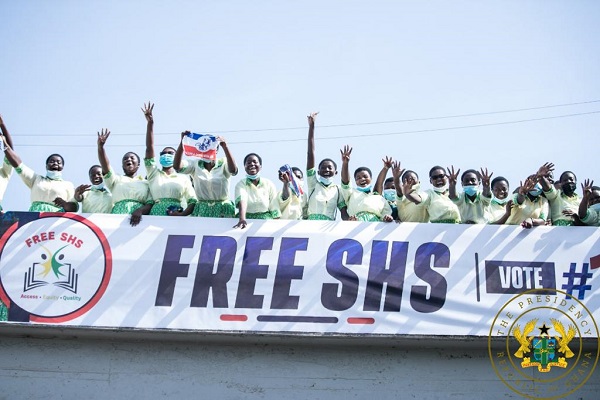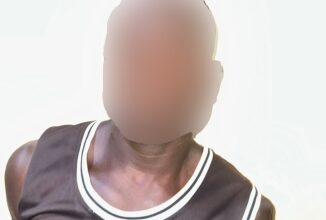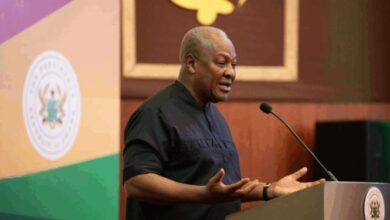
The Ghana National Association of Teachers (GNAT) has expressed strong reservations about the government’s proposal to extend the Free Senior High School (SHS) policy to include private institutions.
According to the government, this initiative is intended to broaden access to secondary education and ease congestion in public schools. On May 27, Deputy Education Minister Dr. Clement Apaak announced the expansion while presenting updated school selection guidelines for students preparing for the Basic Education Certificate Examination (BECE).
Dr. Apaak emphasized that involving private SHSs in the free education programme is part of a long-term strategy to boost educational capacity and eventually eliminate the double-track system. “We’ve engaged stakeholders and remain confident that private schools can contribute effectively. This move will also help phase out the double-track model,” he noted.
However, GNAT’s General Secretary, Thomas Musah, has voiced serious concerns, warning that the inclusion of private schools could further stretch already limited resources in public education.
“We risk a future where the government claims it can no longer fund public education adequately, while also taking on the cost of private schools. We’re already advocating for wealthier parents to contribute financially. Adding this new layer of responsibility is problematic,” Musah cautioned.



